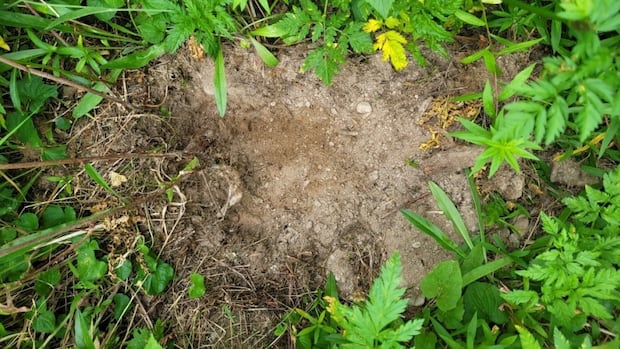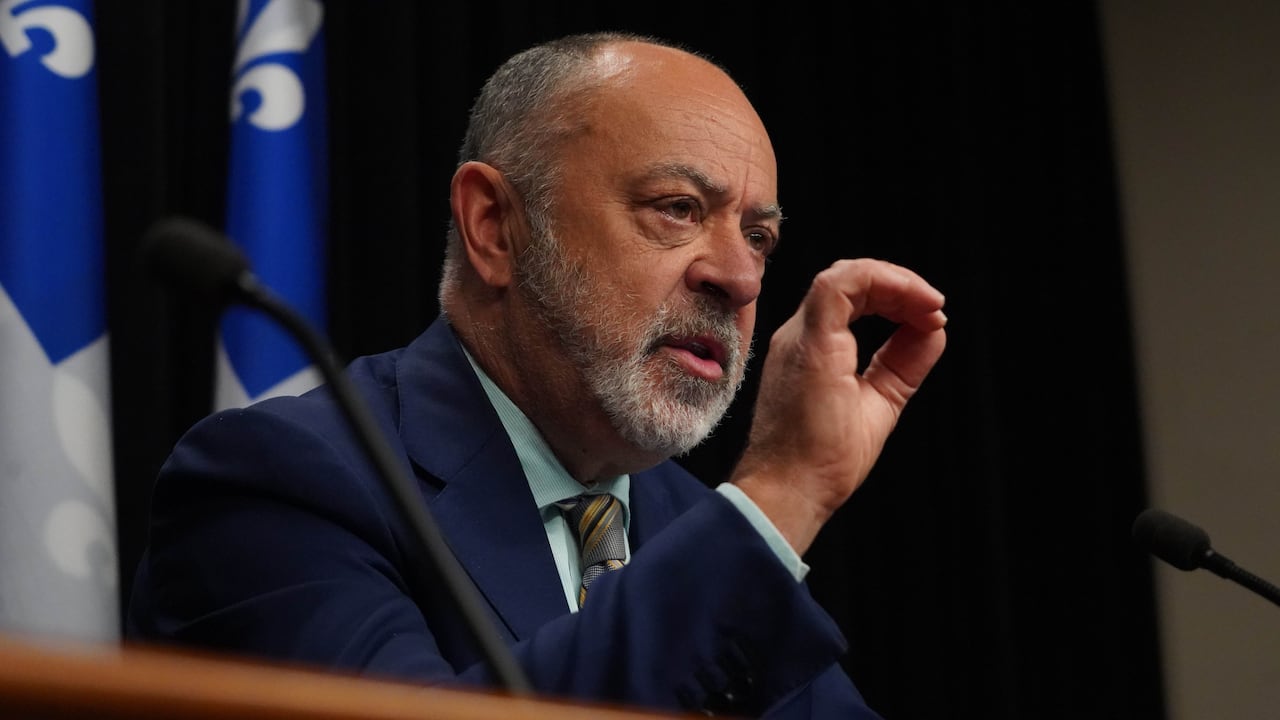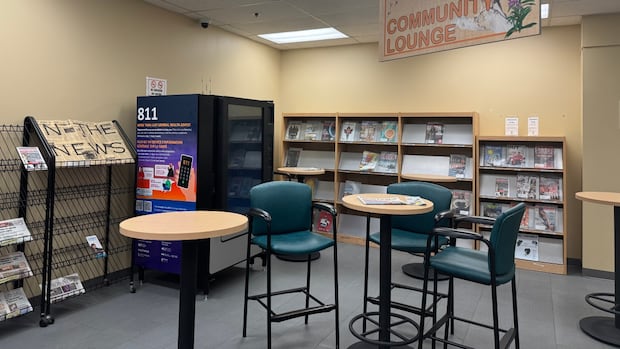As a large blue and purple flag was raised at Moncton’s City Hall on Monday, Caroline Jose stood underneath it smiling, arm in arm with her 15-year-old son, Louis.
Jose has attention deficit hyperactivity disorder and her son, Louis Hébert Chatelain, is autistic and also has ADHD.
Both of them are the reason Canada’s first neurodiversity pride flag was raised in New Brunswick.
“It felt like I was belonging to a community that I never felt before,” Jose said. “That’s what I wanted, so to me it’s very important.”
The flag, which includes a white kite and small infinity signs on its tail, was flown in honour of Neurodiversity Pride Day.
Celebrated on June 16 around the world, it promotes pride and acceptance for people who have neurodiverse brain types, reflected in conditions such as autism, ADHD, dyslexia and others.
“There is a big need for educating the public and government,” said Jose, who is also national co-ordinator for the day for Canada. “If we can have a voice that is really louder and unified, that would be great.”
Caroline Jose and her son Louis are part of worldwide movement to promote the contributions and needs of neurodiverse people, including those with autism, ADHD and dyslexia.
Jose and her son are part of a global movement that began in 2018 in the Netherlands.
For the first time, Canada joined more than 60 other countries that recognize the day to raise awareness about the contributions and needs of neurodiverse people.
For Hébert Chatelain, seeing a flag flown in his hometown is a first step to being better understood by people outside his community.
“[People] shouldn’t just look at the weak points of neurodivergents but also their strong points and accept people more,” the École Le Sommet student said. “They are just as capable. It’s just that they have a few obstacles that make them stronger once they go through it.”
‘Understanding is what we need’
As part of Canada’s events for Neurodiversity Pride Day this year, Jose hosted what’s known as a Game Jam — an online event where participants try to create a video game from scratch.
Neurodiverse people created nine video games which players can access for free online. All of the games represent part of the reality neurodivergent people experience in everyday life.

Jose said one game in particular moved her. It’s called Speak ain’t easy and it allows people to experience what it is like to communicate with a non-verbal person.
“That allowed me to reflect on my own position towards neurodivergence,” she said. “I learned by playing … I think that’s very powerful.”
The game simulates a conversation with someone with the goal of getting to know the avatar, named George, who players later discover is non-verbal.
She hopes initiatives like these that are led by neurodivergent people will help de-stigmatize their experiences and how their minds work.
Jose said she is also working to register a non-profit in the Moncton region that would be a hub of experts on the matter. Her goal is to create a space where governments can ask questions about neurodiversity, and consider people like her son when writing future policies.
“He’s the future,” Jose said. “Having him with me just reminds me that we do that for him in the end, for the youth, so they can flourish.”
As for Hébert Chatelain, he said he’s happy to see his mom’s hard work kick off what he hopes becomes a national movement.
“She does it for me,” he said. “Since we made it this far, I might as well enjoy it with her.”







